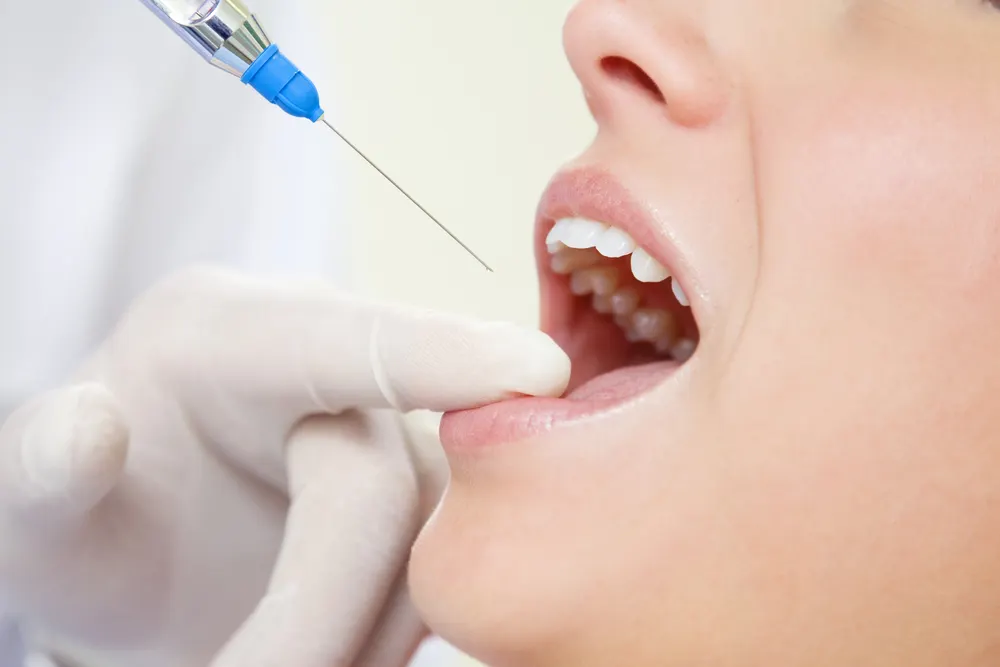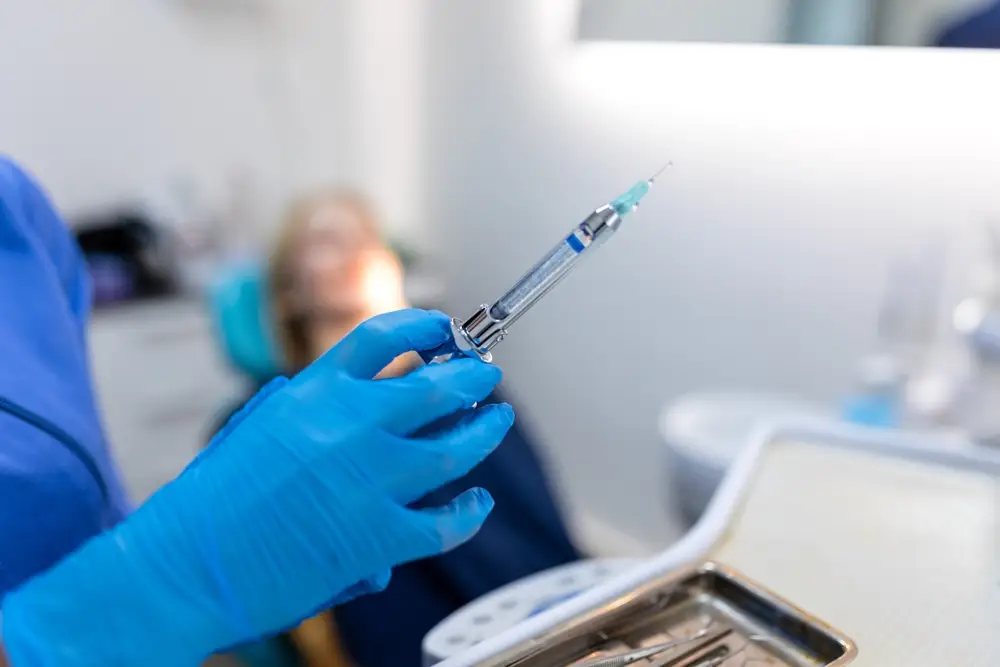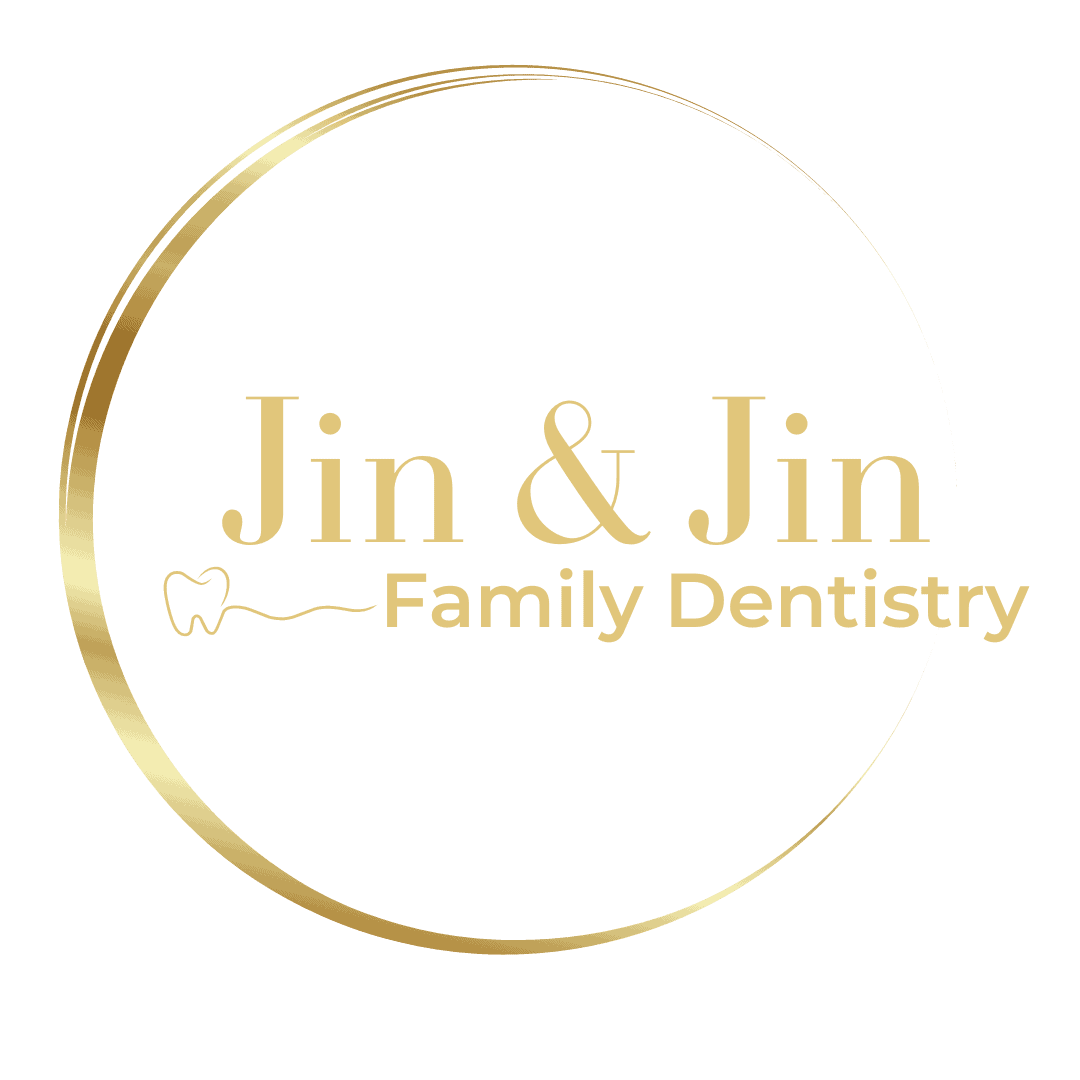03 Mar What to Do If You Have an Adverse Reaction to Dental Anesthetic
Dental anesthetics make many procedures virtually painless, which greatly relieves patients. But occasionally, you might experience an adverse reaction to dental anesthetic, leaving you worried or uncomfortable. Knowing what to do in these moments is important for your health and peace of mind.
Let’s break down the different reactions you might experience and what steps to take for each. Whether preparing for dental treatment or seeking advice after a procedure, this guide will empower you to take control.you covered!

Handling Adverse Reactions to Dental Anesthetic
After receiving dental anesthesia, it’s key to watch for signs of an adverse reaction to dental anesthetic. Some symptoms are mild, like slight swelling or redness at the injection site, but others can be more serious.
Severe reactions might include difficulty breathing, facial or throat swelling, or hives. These are signs of an allergic response and require immediate attention. Contact your dentist immediately if you think you’re reacting negatively to dental anesthetic.
Understanding Common Novocaine Side Effects
Most people tolerate Novocaine and other anesthetics well, but it’s normal to experience some mild Novocaine side effects. These include numbness that lasts longer than expected, dizziness, or slight swelling at the injection site.
Sometimes, patients feel jittery or heart palpitations, mainly if the anesthetic contains epinephrine. These sensations typically fade after a few minutes. However, if they persist, inform your dentist as soon as possible.
Identifying a Delayed Allergic Reaction to Novocaine
While rare, some people may experience a delayed allergic reaction to Novocaine. Unlike an immediate reaction, this type can appear hours or even days after the dental procedure. Symptoms might include:
- Itching or hives
- Swelling of the face, tongue, or throat
- Difficulty breathing or swallowing
If you notice any of these symptoms, contact your dentist immediately. They may prescribe antihistamines or corticosteroids to alleviate discomfort.

What to Do If You Experience an Adverse Reaction
If you experience any type of adverse reaction to dental anesthetic, there are a few steps you can take to alleviate discomfort and ensure your health and safety:
Monitor your symptoms: Keep track of any changes in your condition and inform your dentist or doctor if you experience any new or worsening symptoms.
Stay calm: Feeling anxious or worried during an adverse reaction is natural, but try to remain calm and focused.
Inform your dentist: As soon as you notice any unusual symptoms, tell your dentist so they can monitor your condition and provide appropriate care.
Seek medical attention if needed: In cases of severe or delayed allergic reactions, seek medical attention immediately.
Take Charge of Your Dental Health With Drs. Jin & Jin Family Dentistry
Experiencing side effects from dental anesthetics can feel unsettling, but you can confidently handle them with the right guidance. Being informed and proactive makes every dental visit more comfortable and empowering. The unknown, however, can create unnecessary anxiety. However, nobody deserves to feel like their concerns aren’t being heard or addressed.
At Drs. Jin & Jin Family Dentistry, we understand how important it is for our patients to feel safe and cared for. We’re here to address any worries about dental injection complications and guide you through every step of your treatment. From explaining the anesthetic process to discussing potential side effects, we prioritize your well-being and comfort. Book an appointment today!
